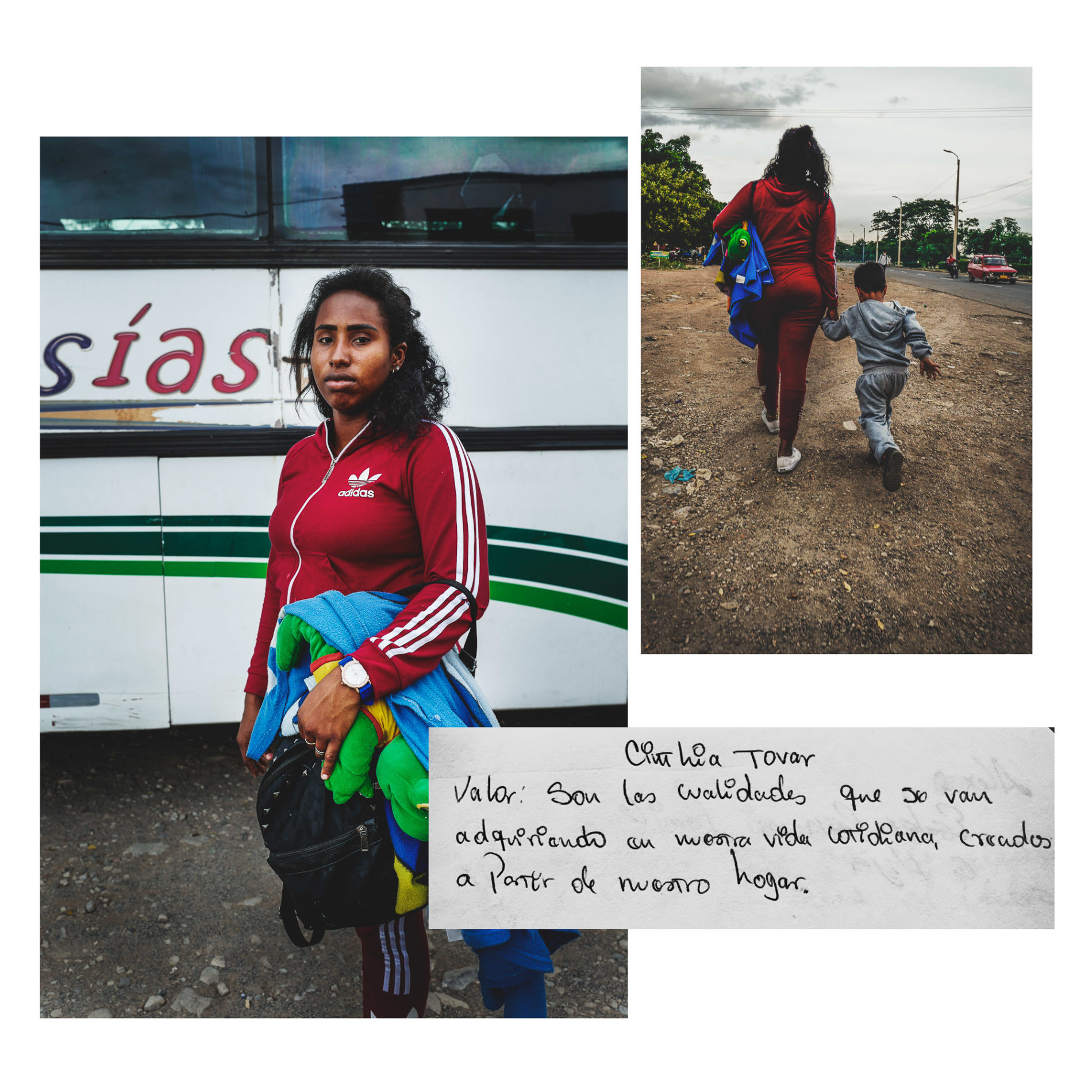In the last 4 years, 3 million Venezuelans have fled their country. This displacement has had precedents in the history of Latin America. Those with the least resources to flee the devastating crisis are now doing so. Many of them are looking for a way out on roads bordering their neighbour, Colombia.
The Simón Bolívar Bridge in the city of Cúcuta, Colombia, is the main vein of the flow of these Venezuelan refugees. It is where the wave of exodus is felt the most strongly. Cúcuta is a tense cauldron of noise where courage must stand in the way of fear and relief. The exchange of goods and services of all kinds flourishes freely. The means of transport offer their prices to different cities and countries of Latin America: Barranquilla, Bogotá, Cali, Peru, Quito… The heat slows down, but the dreaming spirit of those who walk inside Colombia is stronger. They flee from misery, precariousness and scarcity that defines the life of the Venezuelan. They walk pushed by something that does not let them stop. They are in search of the basics: food, water, health, security and work.
A wave of exodus is not just a mass of people. They are a group of individuals who, desperate in Venezuela, are pulling out their roots to go and explore new paths. Today, the poorest “survive” with the remains that the State gives them more and more sporadically.
Frontera tries to remind us that within this mass are souls, friends, brothers. There are families who are victims of forced separation. It is an attempt of reflection between the portrait and the text. The writings are answers to a simple question: what are courage, happiness and family? The answers give us a hint of the collective identity of Venezuelans.
Frontera was part of the collective exhibition Venezuela Subjetiva in Buenos Aires, 2019.

